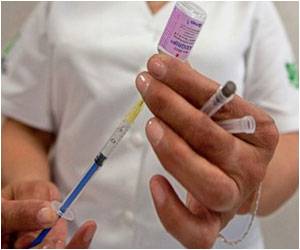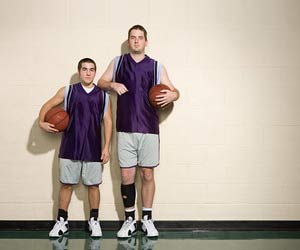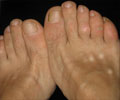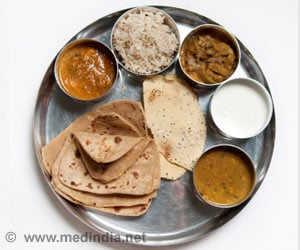Varicose veins are swollen, twisted veins causing discomfort, often in legs, treatable with lifestyle changes.

Varicose veins - Symptoms and causes
Go to source), a condition often overlooked and treatable without surgery, according to leading medical experts. They believe recent advancements in non-surgical treatment methods are transforming the approach to vascular care, enabling even remote areas to access high-quality treatments. Over 100 medical professionals from across India participated in the Indian Vein Congress (IVC) 2024, hosted by Avis Hospitals.
‘#Varicoseveins: Twisted, enlarged veins, often blue or purple, that usually develop in the legs. More common in #Indians due to genetics, prolonged standing, and lack of exercise. #India’





Experts from Brazil virtually participated. It was spearheaded by Dr. Rajah V. Koppala, founder of Avis Hospitals and a renowned vascular interventional specialist. The IVC focused on sharing best practices in non-surgical solutions such as laser treatments and other innovative approaches. Dr. Koppala highlighted that Avis Hospitals has successfully treated over 40,000 patients using non-surgical methods over the past eight years. He stressed the importance of staying updated on new developments to continue enhancing patient outcomes. What are Varicose Veins
Varicose veins are swollen, twisted veins that are visibly raised and often appear dark purple or blue, usually on the legs and feet. They develop when the valves in the veins malfunction, causing blood to pool and creating increased pressure within the vein walls. This can result in pain, heaviness, or aching in the affected areas, and in severe cases, lead to skin ulcers or blood clots. Factors such as age, pregnancy, prolonged standing, and genetics can increase the risk of developing varicose veins. While often a cosmetic concern, treatments like compression stockings, lifestyle changes, and minimally invasive procedures can help alleviate symptoms and improve vein health.The event featured insights from international experts, including Dr. Rodrigo Gomes de Oliveira and Dr. Fernando Tres Silveira, who shared updates on global trends and challenges in vascular and interventional radiology. The discussions underscored that while non-surgical methods can be highly effective, there are cases where surgical intervention is necessary. Indian experts engaged in dialogue with international colleagues, exchanging knowledge on advanced treatments and decision-making for complex cases.
Participants gained practical insights into various treatment options, with senior specialists outlining which methods are most effective for different conditions. The Congress showcased the importance of continuous learning and adopting new techniques to improve the treatment of varicose veins, a condition often underdiagnosed in India.
Dr. Koppala said the participation of top vascular experts in Hyderabad and the knowledge shared here will benefit practitioners across the country. "This Congress is not just about sharing information but about shaping the future of medical practice in India. With non-surgical treatments gaining traction globally, our healthcare professionals must integrate these methods into their practice,” he said.
Advertisement
The event also included participation from major medical technology companies such as Medtronic, which showcased cutting-edge equipment useful for modern vascular procedures, underlining their role in the advancement of non-invasive treatment methods.
Advertisement
- Varicose veins - Symptoms and causes - (https://www.mayoclinic.org/diseases-conditions/varicose-veins/symptoms-causes/syc-20350643)
Source-IANS











